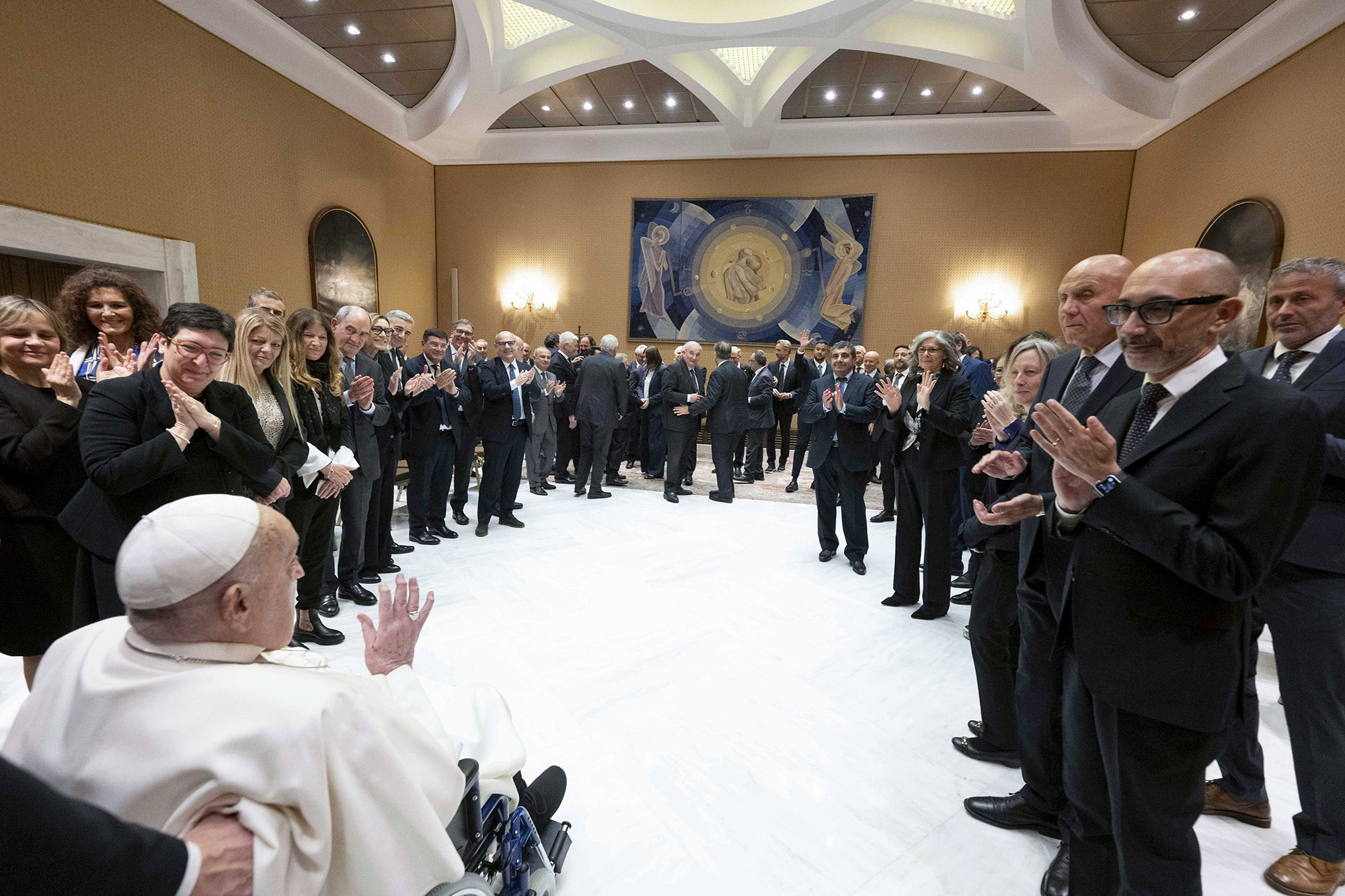DEAR FATHER | Growing in spiritual maturity means sharing our holy desires
What does it mean to be ‘spiritually mature’? Is this something just for priests?

If a child asks, “Who do we most look up to in the Church?” the answer is not the pope, but the saints. Spiritual maturity does not automatically correlate to the priesthood, but it is the calling of every baptized person. It is those who share God’s desires, and live them out, that we most seek to emulate. Growing in spiritual maturity occurs when one’s desires are aligned with God’s desires. This alignment occurs in two primary movements of the heart: adoring Jesus in the Eucharist and speaking to others of the holy desires discovered in prayer.
A soul in a state of adoration speaks the deepest kind of “yes” to God; it is the unspoken language of the heart that cries to its Creator: “I give myself completely to you, and trust you with everything!” A person who adores the Eucharist is captured by the love of God and begins to pray: “The commands of the Lord are perfect, giving joy to the heart!” (Psalm 19).
The abundant life discovered in the Eucharist is meant to overflow into our friendships within the Church. In the early Church, Christians would share with one another the deep, holy desires the Lord had placed within their hearts. There is a moving account of St. Perpetua and St. Felicity sharing their desires with the early Christian community in Rome just before their martyrdom.
For a Christian to remain strong in faith in an increasingly hostile world, it is essential to recover the practice of sharing holy desire — of receiving one another in the spirit of divine love and mutually listening to the movements of the Holy Spirit. Through the centuries, the culture of Christendom tended toward individualized spirituality — that spiritual movements could be shared only with God and perhaps a priest.
The philosopher Charles Taylor noted that this trend led to the stoic idea of “apatheia” (virtue without emotion, virtue for virtue’s sake), edging out the early Christian idea of “agape” (deep emotion purified by love; virtue for the sake of passionate, purifying love). This trend occurred because spiritual emotions were not received or spoken of in the wider Christian community. Taylor argues this shift was central to the hollowing out of the spiritual substance of faith leading to the rise of secularism.
It is only returning to the practice of praying with and communicating our holy desires that we can strengthen one another to evangelize effectively. So pursue spiritual maturity! Spend time adoring Jesus at Mass and in the closest adoration chapel, and seek out friendships in which you can share the joy of holy desire!
Father Charlie Archer is associate pastor of St. Peter Parish in Kirkwood.





